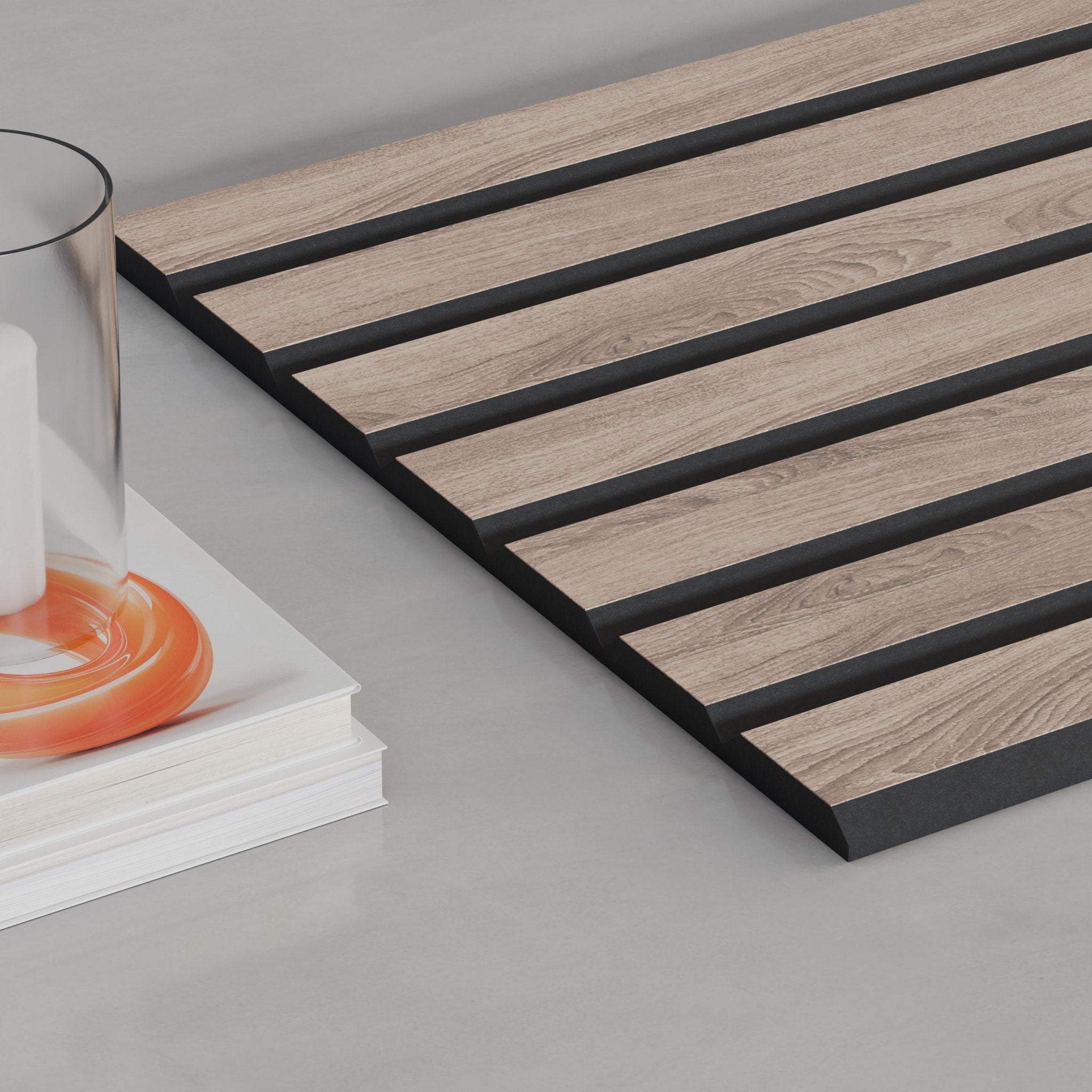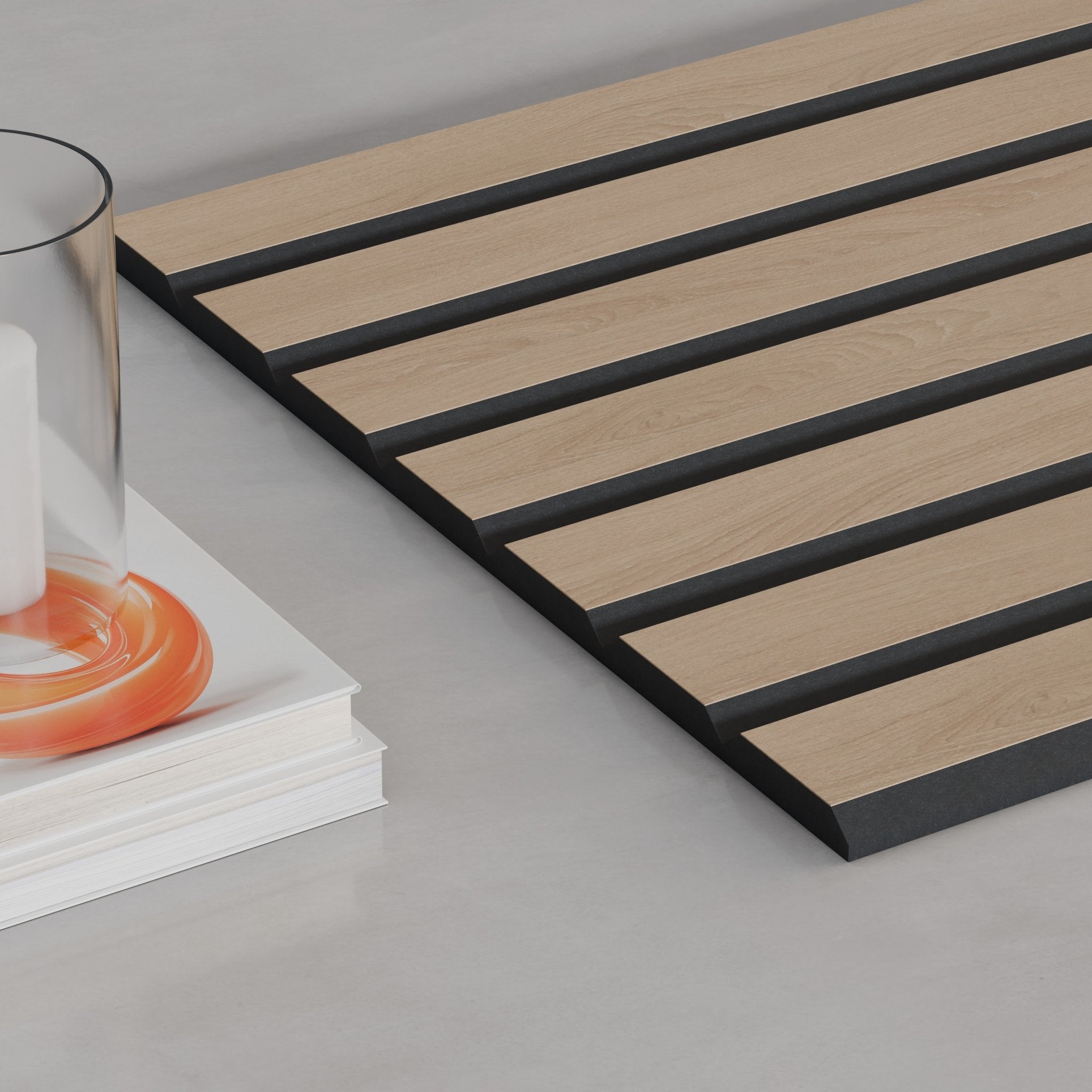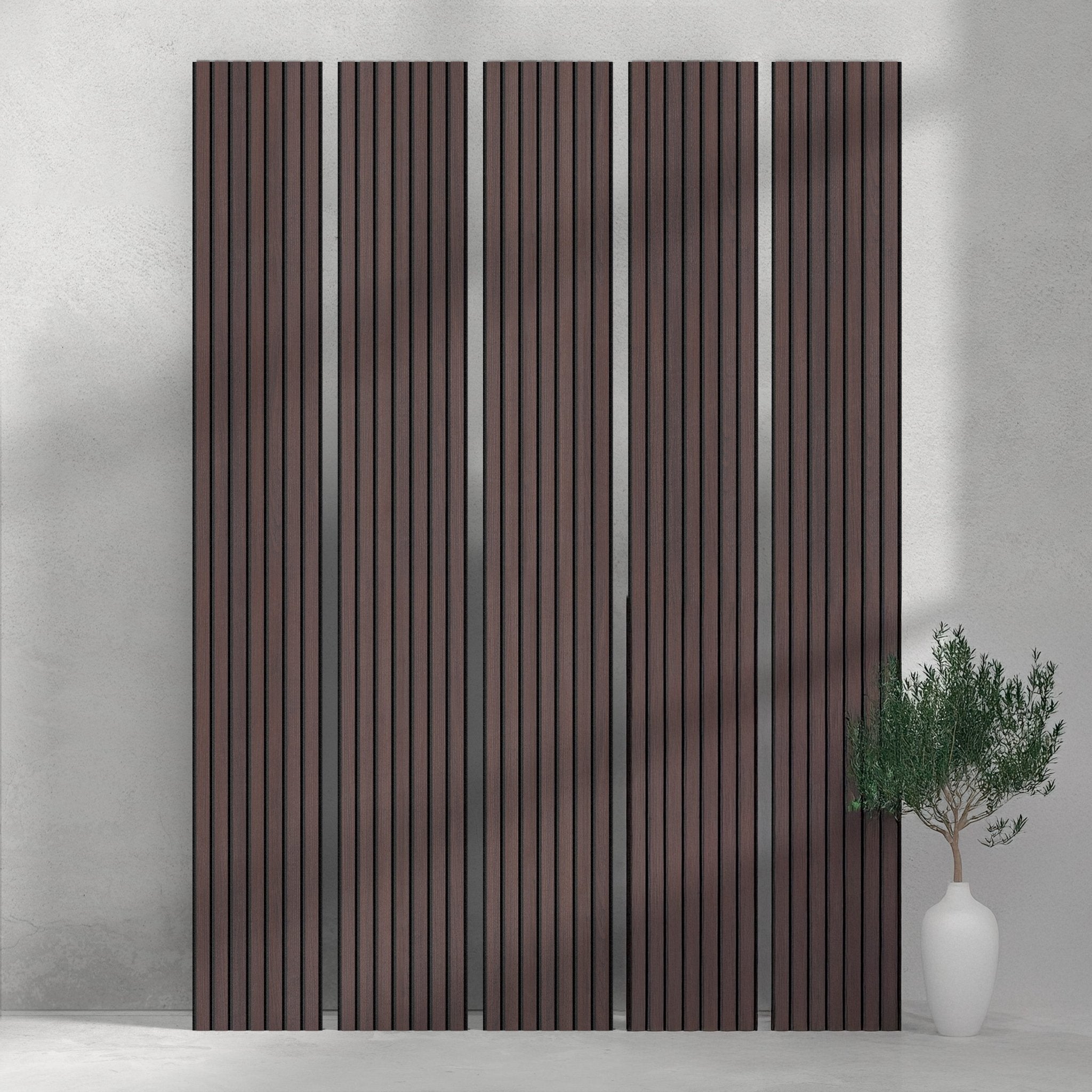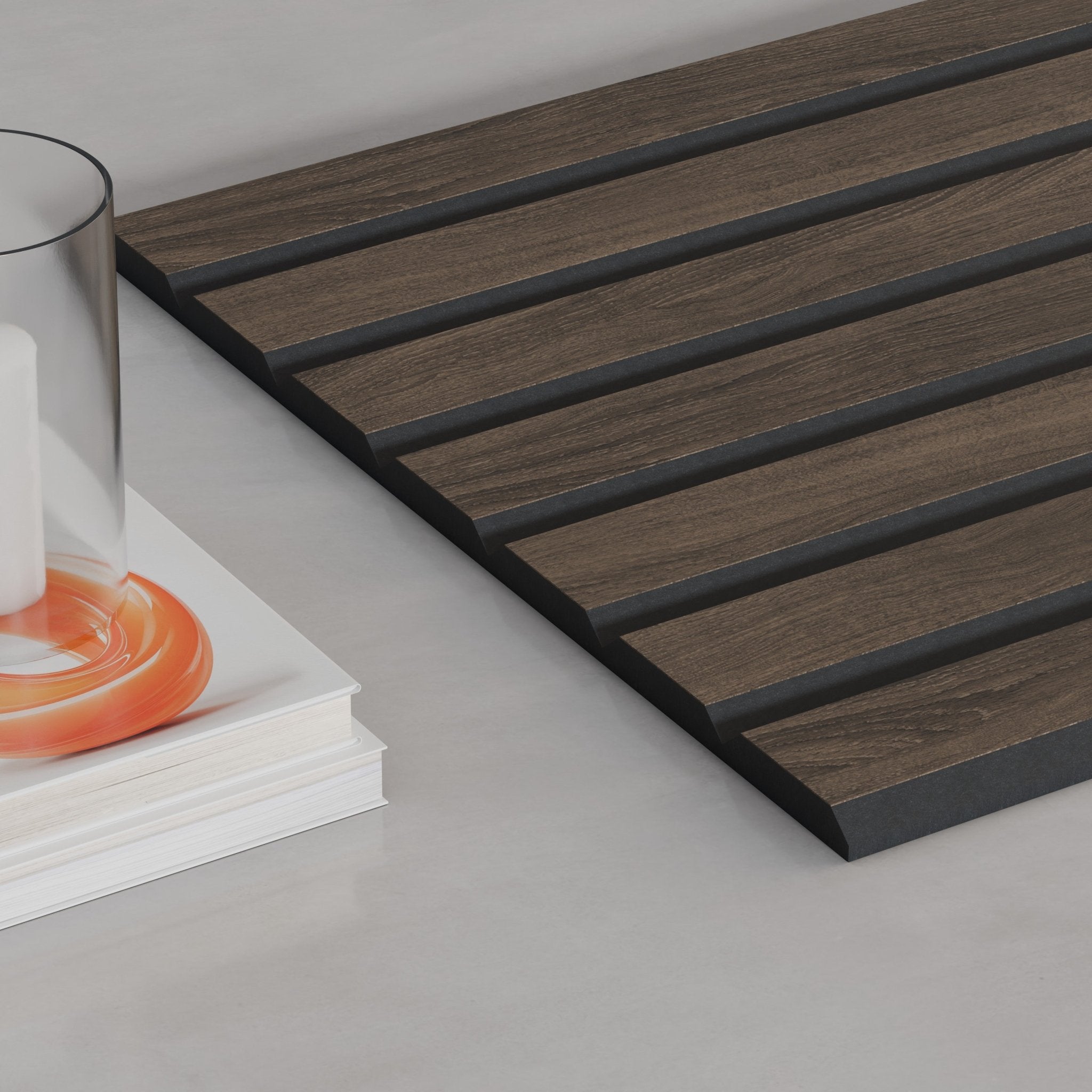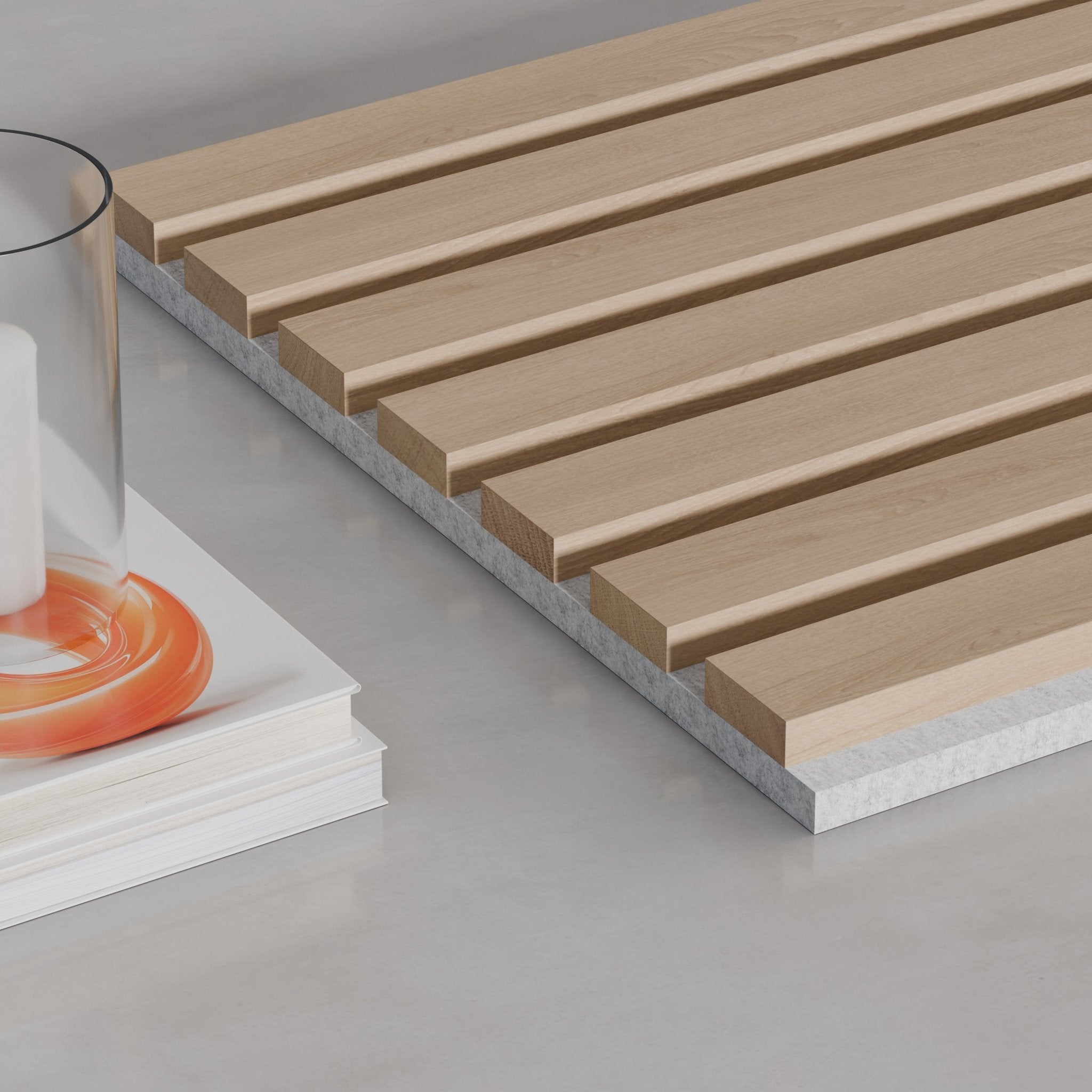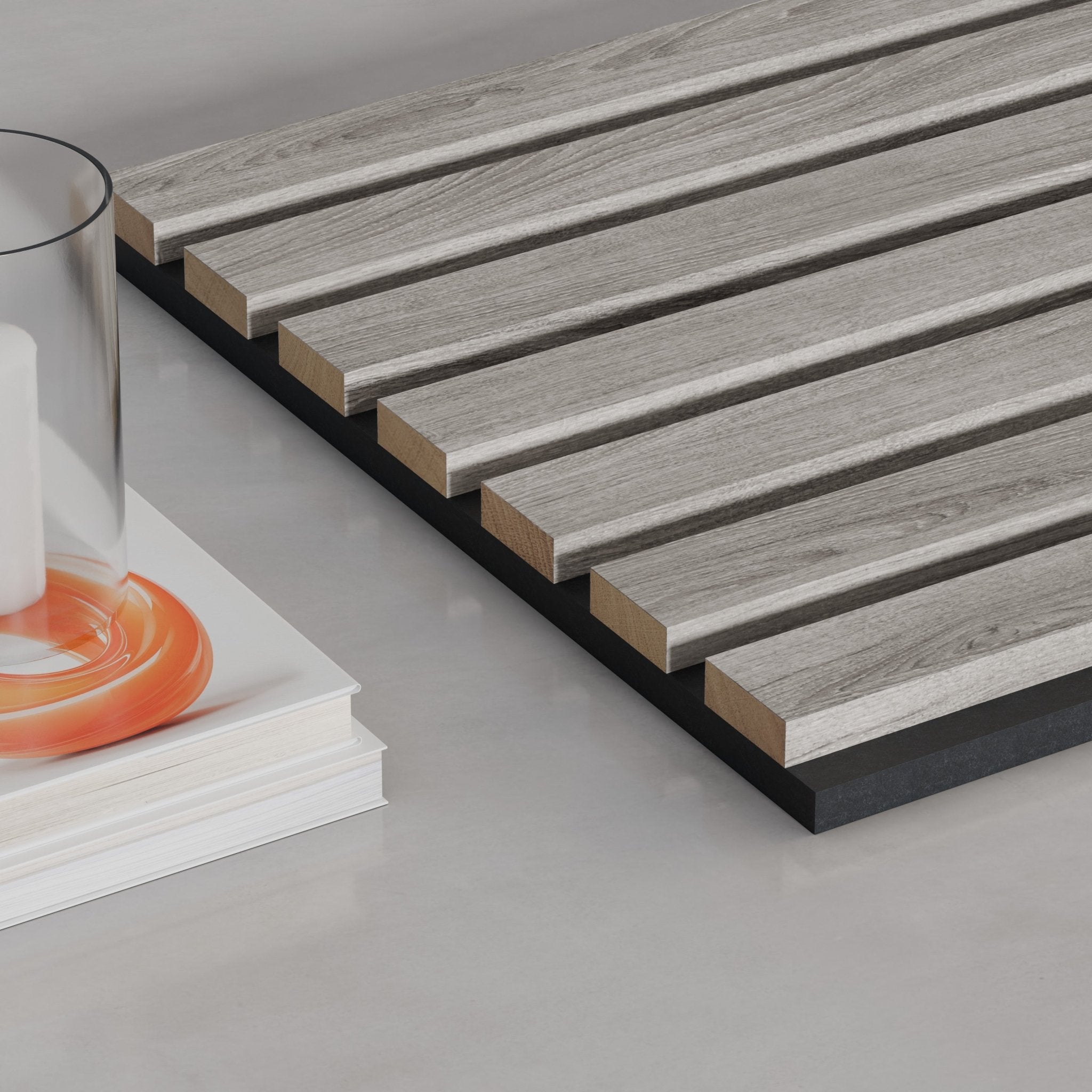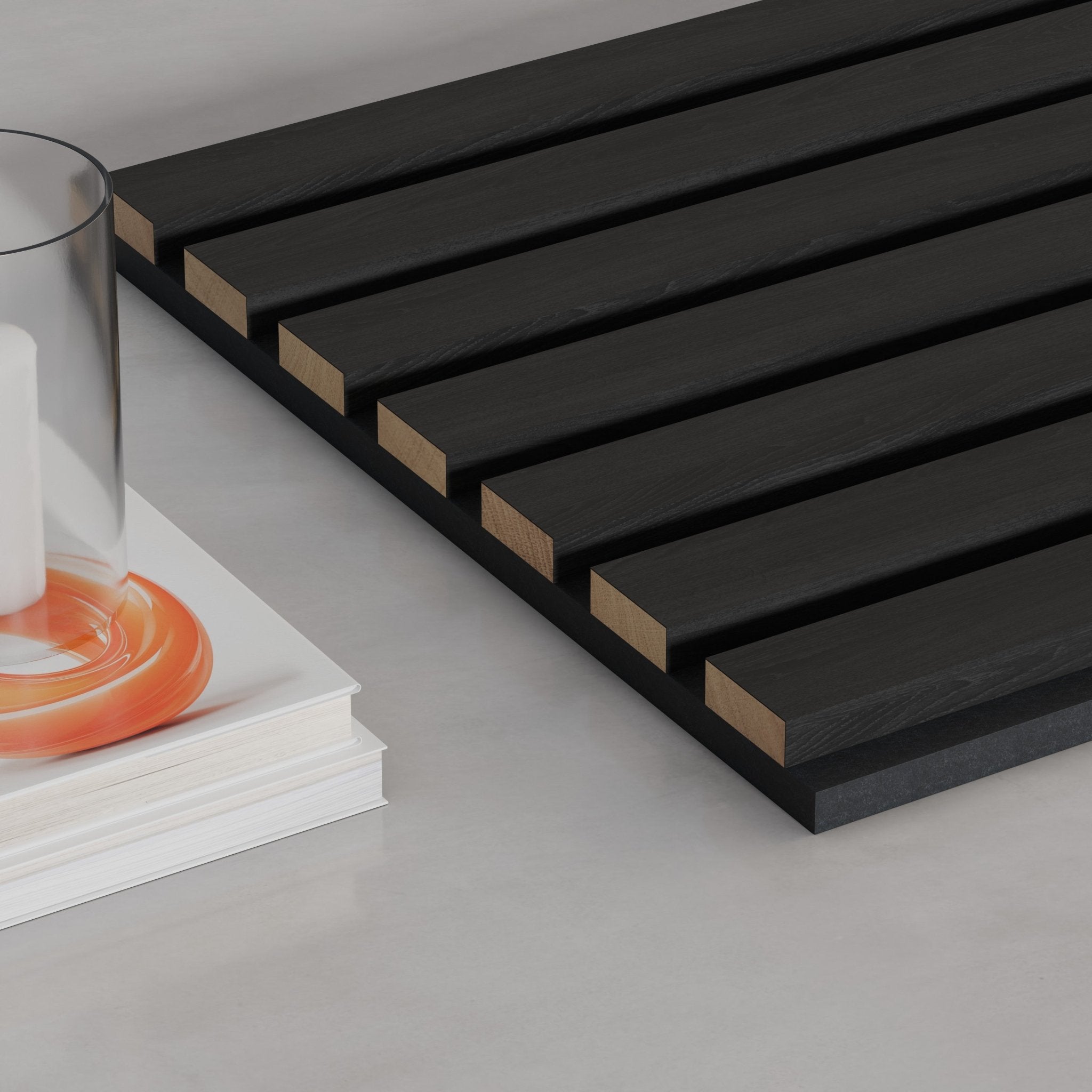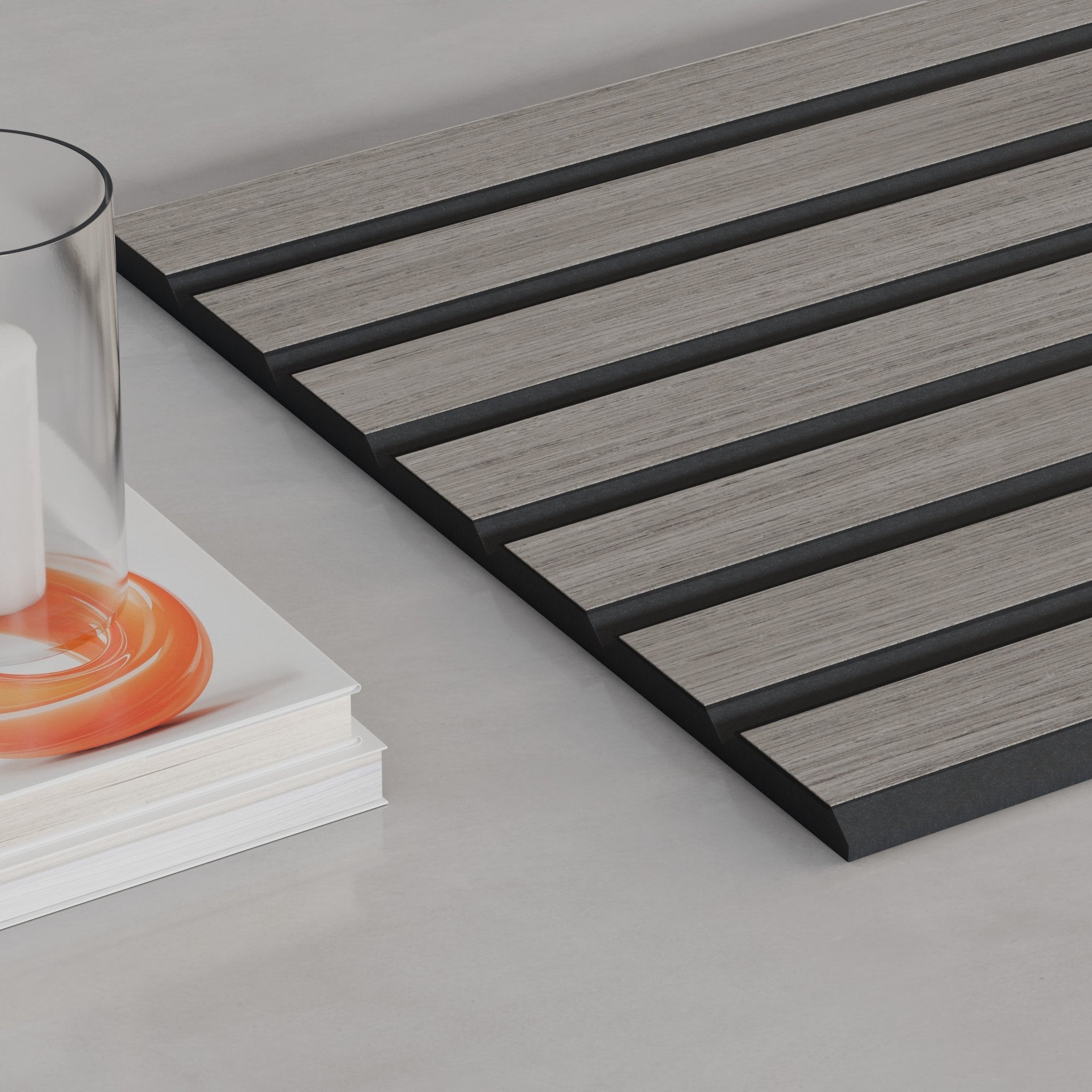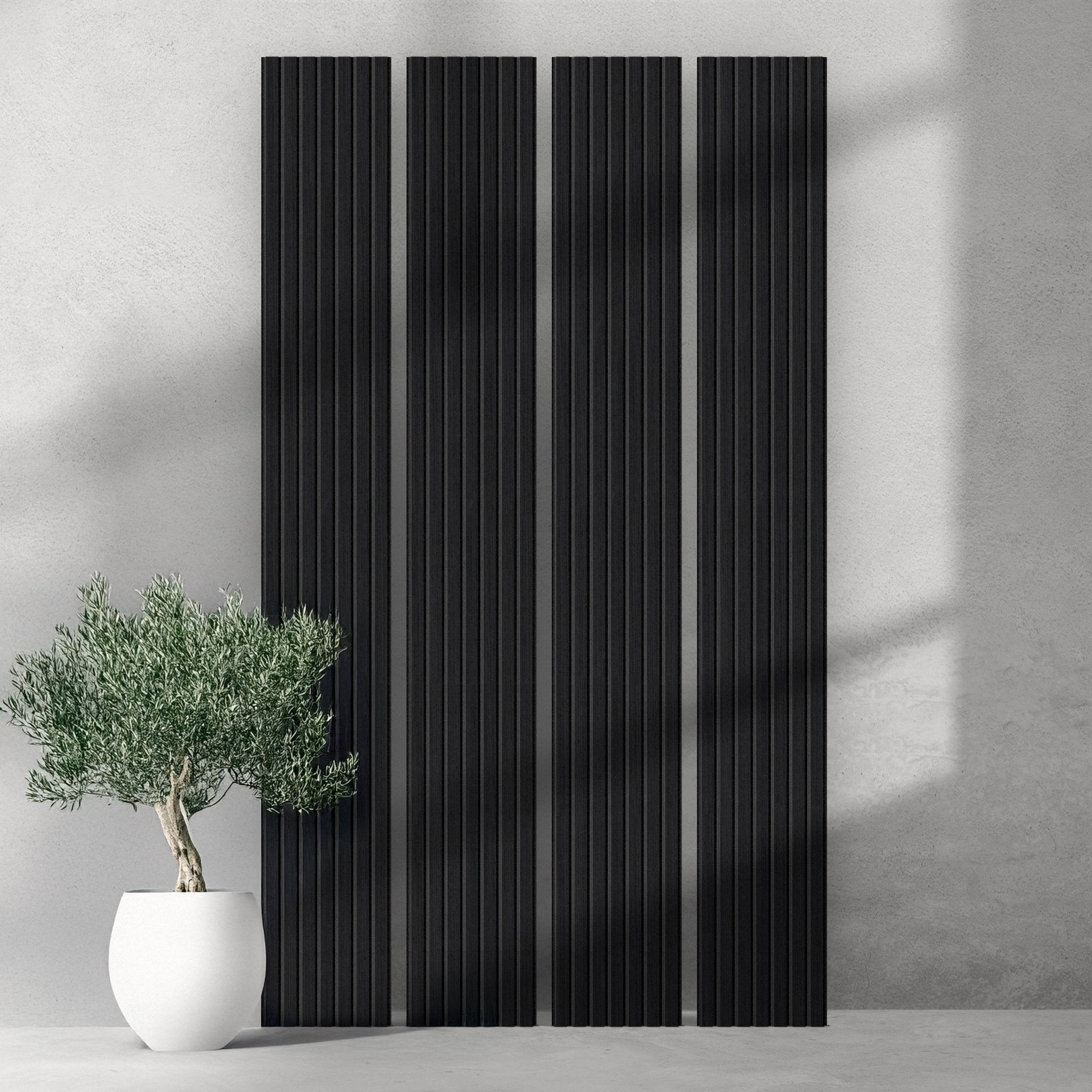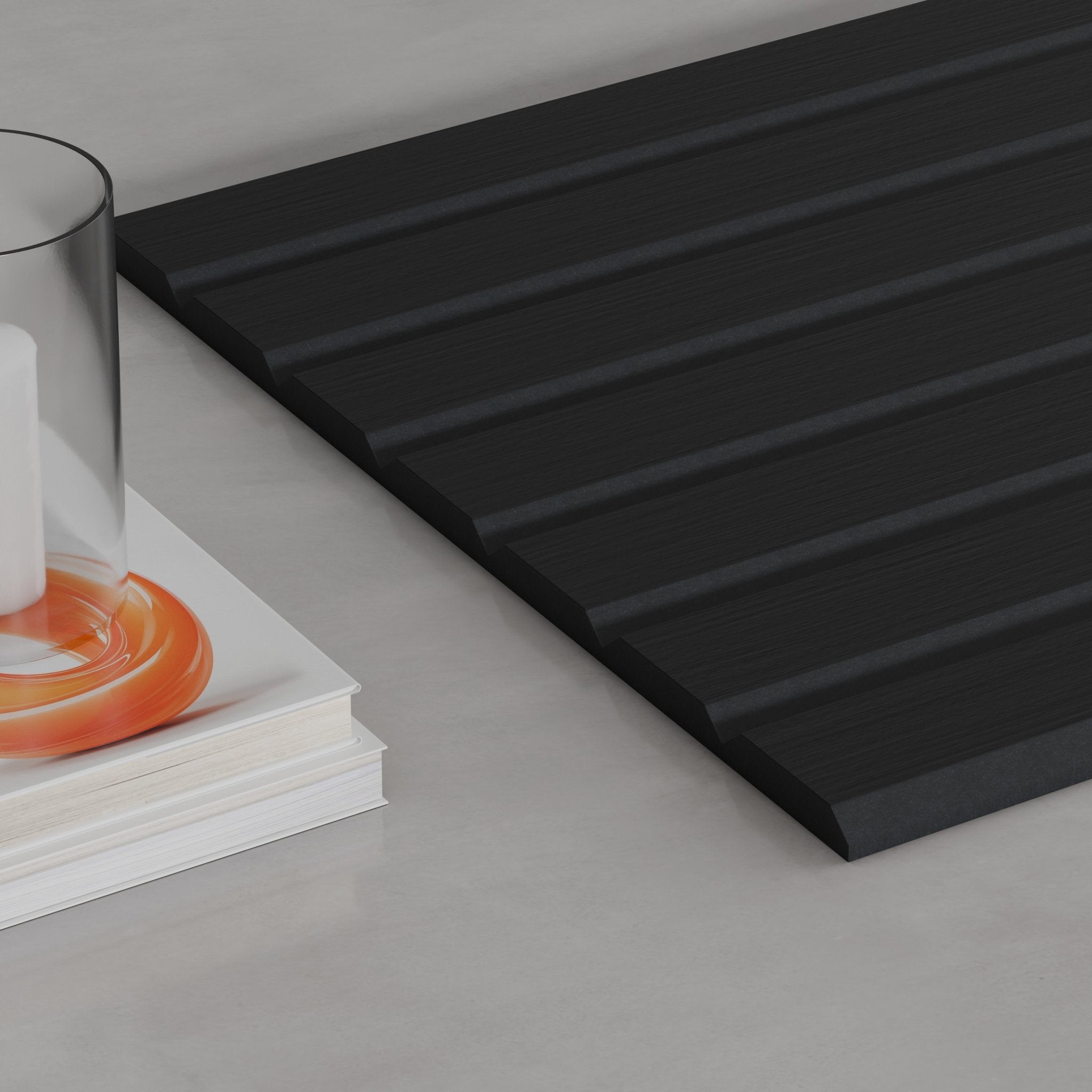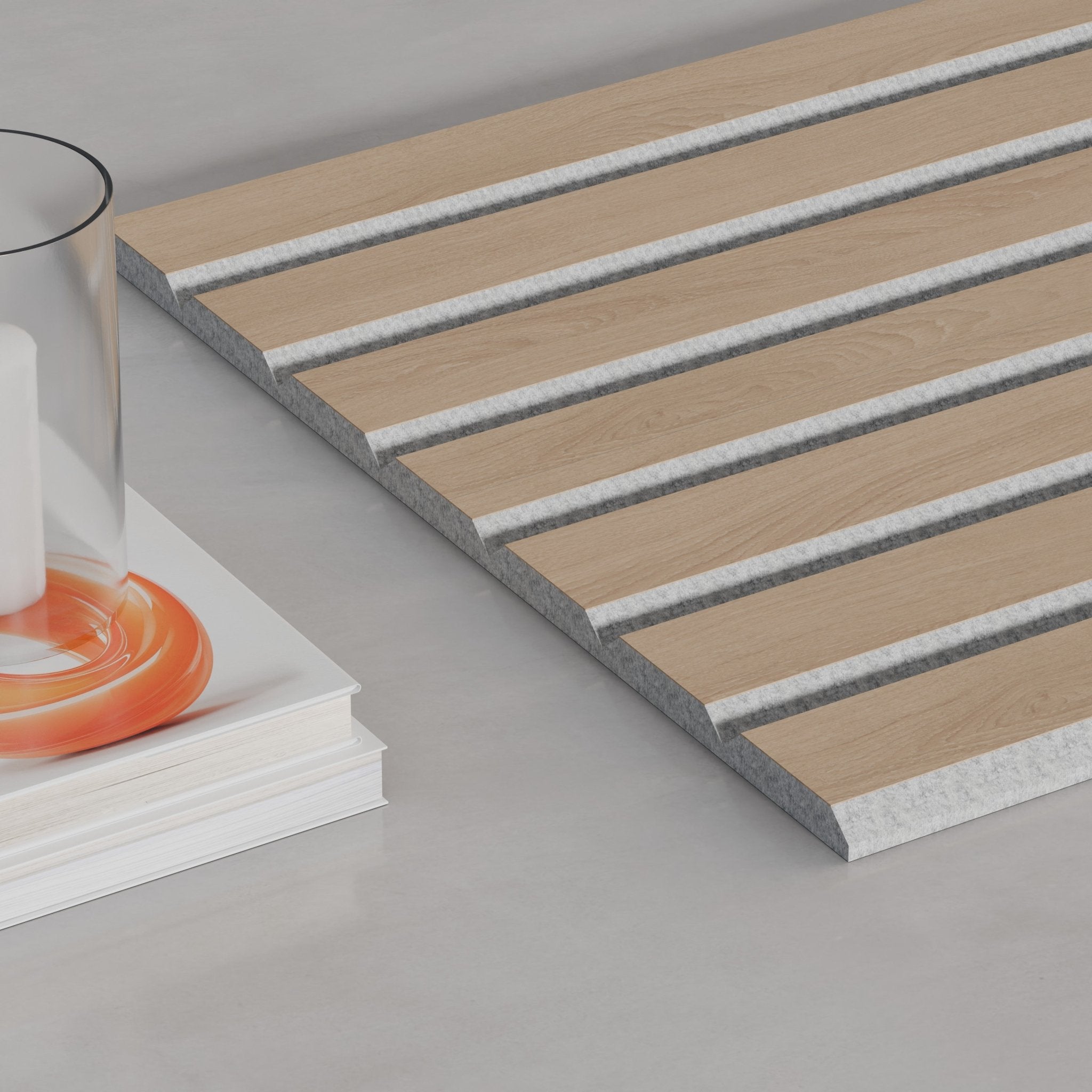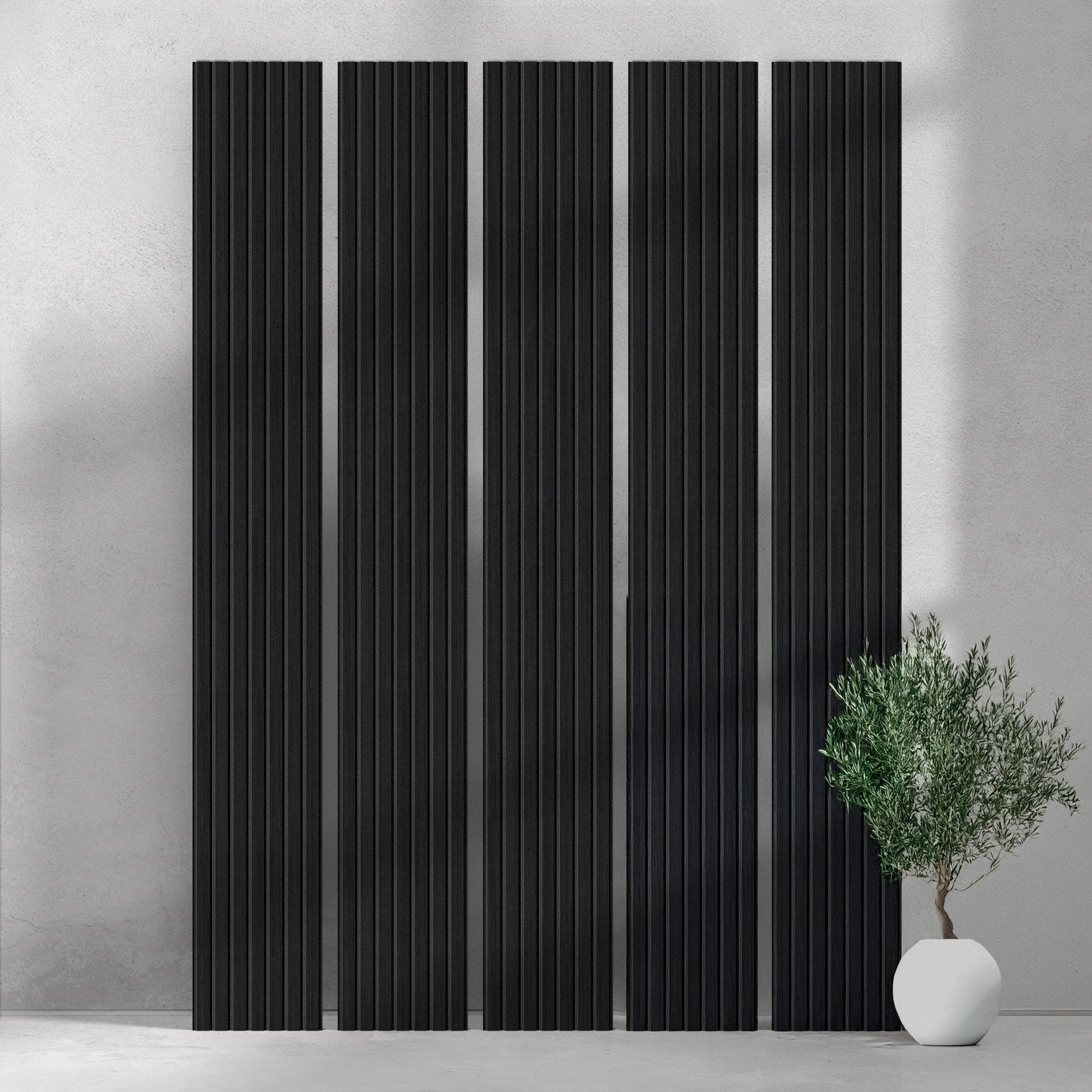Introduction
As consumers become increasingly eco-conscious, the demand for sustainable products is rising. If you're considering installing wood slat acoustic panels, you might wonder how they fare on the environmental front. This article will delve into the eco-friendly aspects of these popular panels.
Sustainable Wood Options
FSC-Certified Wood
Many manufacturers offer panels made from Forest Stewardship Council (FSC) certified wood, ensuring responsible forest management.
Reclaimed Wood
Some panels are made from reclaimed or recycled wood, giving a second life to materials that might otherwise go to waste.
Low VOC Emissions
Safe Finishes
Look for panels treated with finishes that have low Volatile Organic Compound (VOC) emissions, contributing to better indoor air quality.
Green Seal Certification
Some products have received Green Seal certification, an environmental standard that assures low VOC levels.
Energy-Efficient Manufacturing
Renewable Energy
Some manufacturers utilize solar or wind energy in the production process, reducing the carbon footprint of each panel.
Waste Reduction
Advanced manufacturing techniques can minimize waste, using nearly every part of the wood.
Durability Equals Sustainability
Wood slat acoustic panels are also eco-friendly due to their durability. Long-lasting products reduce the need for frequent replacements, contributing to sustainability.
End-of-Life Disposal
Recyclability
Wood is a naturally biodegradable material, and some panel types are also recyclable, reducing landfill waste.
Upcycling
Creative DIY projects can give old panels a new life, from garden bed edgings to home decor.
Making the Right Choice
Certifications
Look for environmental certifications like FSC, Green Seal, and others when selecting your panels.
Consult Experts
Speak with manufacturers about the sustainability aspects of their products to make an informed decision.
Conclusion
Wood slat acoustic panels can be a green choice, offering a range of eco-friendly benefits from sustainable wood options to low VOC emissions and energy-efficient manufacturing. By understanding these aspects, you can make a decision that's not just good for your space, but also for the planet.


